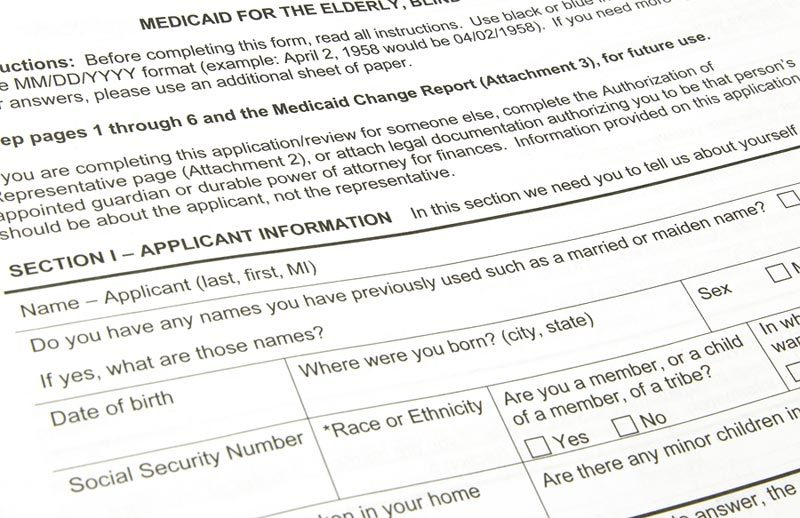Introduction: Having extensively researched the mindboggling social service programs of Institutional Medicaid and Global Options, and having helped countless frustrated applicants through the procedure as a Medicaid consultant and planner at Senior Planning Services, I’d like share with you some of the most frequently asked questions and the many pitfalls to be avoided:
What’s the difference between Institutional Medicaid and Global Options? Institutional Medicaid covers for nursing home care while Global Options Medicaid covers assisted living.
What’s the income cap for Medicaid? The applicant’s income may not exceed $2,163 to qualify for assisted living or nursing home care. Should their income exceed $2,163, a Qualified Income Trust (Miller Trust) may be established, where the excess income is to be deposited into the trust. The excess income now in the trust can be used for the clients care aside for a few small exclusions. Having set up the trust properly, the applicant will be considered under the limit and will qualify for Medicaid.
What about gifts? Medicaid conducts a five year ‘look-back’ in which they will want to see all bank statements and the like. Medicaid will impose penalties on any gifts during this period for the total amount of the gifted funds. There will be a period of ineligibility before Medicaid will begin paying for the nursing home care.
What assets are ‘countable’ for Medicaid purposes? Checking and saving accounts, CDs, stocks, bonds, mutual funds, IRAs, life insurance policies with a cash value and revocable trust funds, among others.
Can the spouse of the Medicaid applicant remain in the house? The ‘community spouse’, the spouse living in the primary residence of the Medicaid beneficiary, may continue to reside there and there will be no lien on the property. If both names are on the deed, a deed change will usually need to be made and the name of the Medicaid applicant will be removed.
Can a child keep the home of the Medicaid beneficiary going into a nursing home? If the child is under the age of 18 or is certified blind or certified disabled and they reside at the primary residence, they may keep the house. In addition, if an adult child has moved in and provided fulltime care for the applicant for a duration of at least two years, they, too, may keep the primary residence of the applicant.
What happens if none of the above is applicable? In this case, the home must be listed with a broker, if nobody purchases the home prior to submitting the Medicaid application, Medicaid will place a lien on the house corresponding to the amount of money they put out for the care of the applicant. When the house is eventually sold, Medicaid will collect the amount of the lien.
What happens if the applicant returns home from the nursing home after Medicaid has placed a lien on the house? The lien will be removed once the PII (Permanently Institutionalized Individual) returns home.
Final word: As one can see, the rules and regulations of Medicaid are complex and much attention to detail and knowledge are required. Many times, a company like Senior Planning Services may be required to guide one through this complicated process.
How to Bust the Medicaid Mindboggler



